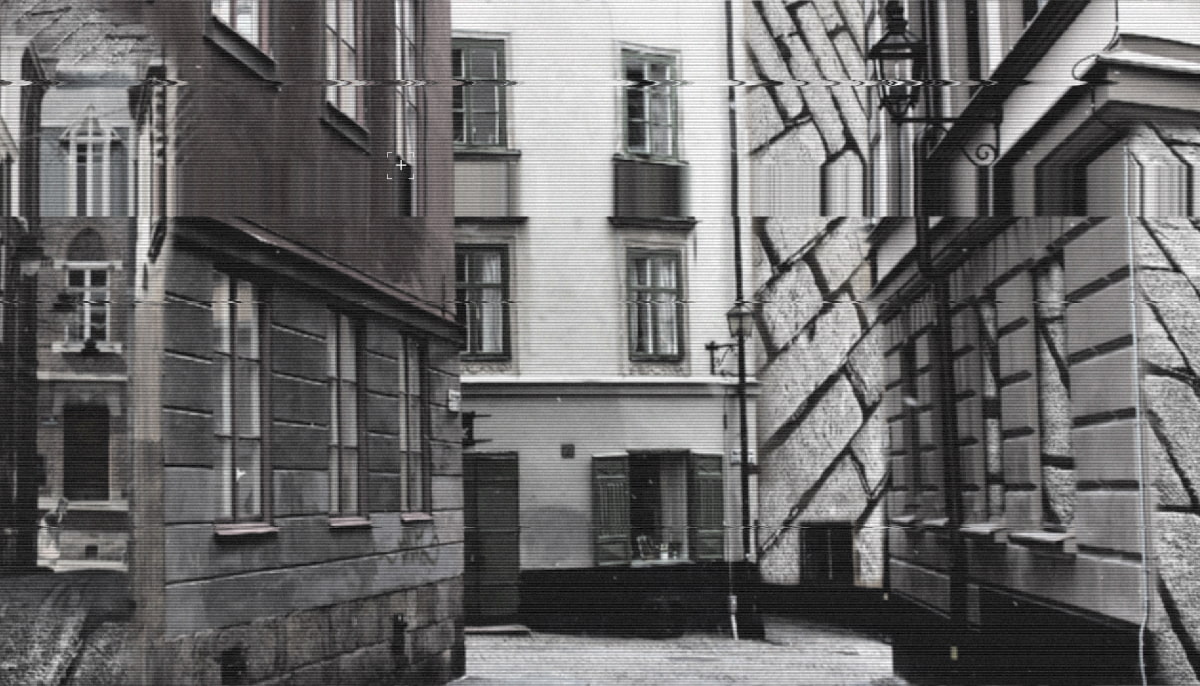By Em Stonham
Copyright escapistmagazine

The most memorable games are those that are hard to put into boxes. Concierge manages to toe the wobbly line between psychological horror, point-and-click adventure, and surrealist puzzle game – and these categories still don’t completely define it.
If you’ve been wondering whether to pick up the mind-warping title from KODINO and Digital Tribe, you’ll find The Escapist’s full review below, looking at everything from the depth of the puzzles to the beautifully unsettling hotel it takes place in.
The Escapist recaps
Concierge is a non-linear, genre-hopping game developed by KODINO and published by Digital Tribe, released on September 17, 2025. It’s described as a “genre-agnostic” game on the official Steam page, which feels accurate. Our best attempt at defining it would be a surrealist indie horror-adventure with rich puzzles, but that still doesn’t quite encapsulate the gameplay loop. Concierge offered a mesmerizingly miserable atmosphere right off the bat with a painterly aesthetic, subtly unnerving music, and an old, unsettling hotel. The game doesn’t feature any tutorials – it just chucks you in the deep end, with only a phone helpline to rely on in emergencies. This works well with the style of the game, though, making it feel even more rewarding to crack a puzzle. Through the unsettling atmosphere, clever use of a camcorder mechanic, and well-written notes dotted around the hotel, Concierge managed to feel scary without relying on cheap jump scares and loud noises.
A mind-melting slab of indie horror goodness
Concierge is a game that just begins. No tutorial, no introduction to the main character – just a psychedelic cutscene, followed by the main character waking up in his locked hotel room. It’s on the player to decide where to go next and begin unpicking the strange story.
There’s no quest log, map, or mission text to guide you along the way. There’s a simple inventory at the top of the screen for key items, but other than that, you’ll need to figure out how to begin solving the mystery of the hotel that the game takes place in.
Without spoiling it too heavily, the rough aim is to figure out where the other hotel guests are, using clues in their rooms and other areas of the hotel. Finding a hotel guest will result in a new, elaborate puzzle to solve, ranging from platforming to solving intricate mazes.
You’ll end up with key tools like a camcorder that can reveal hidden clues – some of which are incredibly unsettling and surprising.
While Concierge isn’t necessarily a horror game in the sense that masked killers chase you and ghosts patrol the halls, it’s a stellar example of a subtle, elegant take on psychological horror. There’s something truly wrong with the hotel. The further you explore, the weirder and scarier things will get.
As you explore and guide the unnamed man through the unnamed hotel, you’ll encounter the hotel’s caretaker popping up at random moments. He’s a friendly yet eerie character that can sometimes provide key hints.
The lore in Concierge is fascinating. Each hotel guest and puzzle feels elaborate and rich, with journal notes, scripts, and phone calls to supplement each mini-narrative. While there isn’t much in the way of dialogue, unpicking the main story feels genuinely rewarding and helps to make the world feel even creepier.
Difficult in places, but rewarding to crack
Something that made Concierge immediately interesting was the lack of a tutorial or defined beginning sequence.
It was oddly refreshing to have a cold start, especially thanks to the simplistic mouse controls, and it encouraged a sense of curiosity about the game world. The main character wasn’t introduced with a flashy action scene or title card – he was just there, ready to roam the halls of the secret-laden hotel.
Puzzles play a key role in Concierge, with interwoven challenges blocking your way to finding the other hotel guests. Solving them takes time and effort, with clues hidden inside everything from camera-sensitive artwork to the hotel bar, and there aren’t any immediate hints or ways to bypass the puzzle mechanics.
There is one source of help that was implemented beautifully, though. If you ever get truly stuck, you can ring the helpline in the hotel lobby and speak to the mysterious operator, who appears to know the main character, for assistance with your current task.
Speaking to the operator requires spending a coin, which can be picked up in hidden places around the hotel. They’re not common, but they’re not exceptionally rare either, meaning it feels like a valuable trade-off.
Once the operator has been paid off, they’ll provide a lengthy hint about what to do next to help you continue making progress.
Interestingly, they still don’t spell it out for you. The hint will just provide further context about the current riddle and suggest key locations, meaning it still feels rewarding when you solve the puzzle at hand.
It’s a smart way to offer the player help without babying them or making the game feel too simplistic. It fit the style of Concierge nicely, too, feeling perfectly at home in the hotel lobby.
A beautifully macabre blend of aesthetics
One of the best things about Concierge is its atmosphere. The combination of the hand-painted style, muted color palette, and sound design helps to make the hotel feel wearily alive, as if the walls could break open and speak at any given moment.
The sound design in Concierge was eerie and well-crafted. It was subdued in most sections, with occasional creaks or squeaks to make it seem as if someone else was standing on the opposite side of the hallway, adding to the unnerving atmosphere, but it picked up intensity quickly at key moments.
In terms of performance, there were no notable quirks or flaws that popped up during the game sessions for this review. Concierge ran nicely and looked spectacular, with the hotel feeling like a dream to explore.
The only thing that may frustrate a few players is the simplistic controls in the puzzle mini-games. Some of them felt a little fiddly to tackle, particularly the platforming puzzle, and they could’ve benefited from using something like the arrow keys instead. They were still solvable, but could’ve felt smoother and more intuitive.
Other than this, playing through Concierge was a delight. It had a David Lynch-esque atmosphere and an intriguing game world, with plenty of puzzles to get lost in. While the hands-off approach may be off-putting to some players, for others, it’ll act as the perfect test of their skills.
Ask The Escapist
Concierge (Steam)



